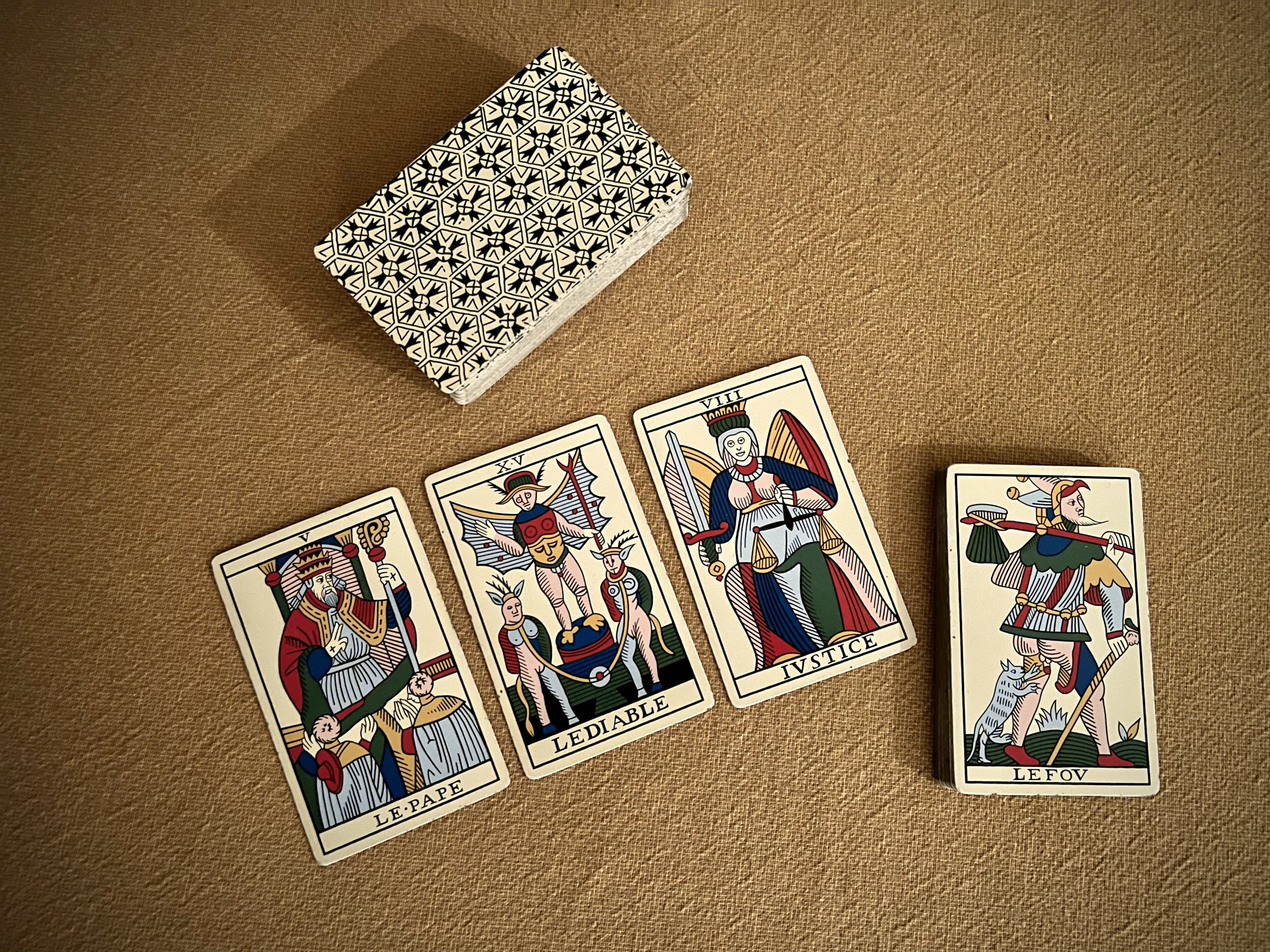On 30’s and happiness
A few days ago I had a chance to watch an episode of a new documentary series on the Dutch national program NPO3 entitled “30 en nooit meer…” (“30 and never again…) where every episode adds a different ending to the title, each covering what people in their 30s will allegedly never do or be again. The first episode focused on people in their 30’s and their (often futile) quest for happiness. The episode’s full title is “30 and never unhappy again”.
From the start, we are confronted with stories of several young people, with a predominantly white middle-class background, who decided that, after a period of profound unhappiness and intensive soul-searching, they are going to “reclaim” their lives through different means. We see a former biology teacher who, after a trip to Thailand, realized that she cannot return to her old life and career, instead deciding to become a street theater performer. We also see a young mother who attempted every possible mode of consulting, some of them even to her detriment, and is now deciding to attempt a magic mushroom ceremony. Another group of young women tries to take a break from their tiresome lives by attending Rainbow Gatherings in the remote mountain forests of Europe once a year. All of them could agree on one thing: that the life imposed on them is too much to bear, and that they need to find a way to be happy with themselves and their choices.
As a person in my early 30’s it immediately struck me how similar our adult experiences are, yet how our coping mechanisms are vastly different. We grew up in the same time frame, within the same broad bonds of consumer culture and wildly expanding neoliberal capitalism of the 90s, yet our views on what it means to lead a happy life are different. I grew up in Serbia, torn apart by wars, sanctions, and socio-economic transition. They grew up in, at that time, a pretty uneventful and prosperous Netherlands. I was brought up with the following idea: as long as you have a decent job, can pay your bills, have a full fridge, and have a secure roof over your head, you are leading a happy life. Life will throw unexpected things at you, and you should do your best to deal with them. At the same time, it seems that my Western European peers were brought up with the idea that life is a pursuit of a premeditated idea of happiness, devoid of any obstacles.
Observing the cases presented in the documentary series, one can conclude that this idea of happiness pertains to an unobstructed path toward success. One which is carefully planned out and strictly defined according to each individual. But people on that path seem to be very fragile for any eventual setback. For this idea of happiness to manifest, a good dose of predictability and security is required. These are exactly the two qualities our neoliberal capitalist existence does not possess. Not only that it does not possess it, but these two notions are actively discouraged, claiming that they halt progress, and restrict individual freedom. Therefore, it is only natural that people on premeditated paths of happiness will encounter major setbacks and be disappointed. This disappointment seems to become debilitating, considering that all of these young people experienced some sort of burnout. This is not surprising, as paradoxically, neoliberal societies create vivid and flashy images of gleaming success that are accessible to anyone who puts enough effort and determination into their plan. Which of course is not how the cards are dealt for most people. But we would need much more space and time to go into that discussion.
Talking about cards, and as this is of course a cartomantic blog, I was curious to ask the cards what exactly is this idea of happiness that eludes my Dutch peers?
Jean Noblet Tarot, reconstructed by Jean-Claude Flornoy.
I almost broke into laughter, as the cards are pretty much spot on and in line with the previously laid down context. Just following the visuals and basic functions, we can say that this idea of happiness is a story being preached from the position of authority to the followers, just as the Pope preaches to the faithful. But we immediately see that the preaching authority figure turns into the Devil, and the faithful followers become his chained-up minions where the story of happiness becomes those very chains that bind them. This story is held to be an unquestionable truth, but this truth has nothing to do with the reality of the situation, as Justice in the presence of the Devil is often devoid of any clarity.
The Fool as the bottom card came to top off the whole story with a visual of a disappointed person who tries to walk away from this anguish by radically discarding the previous setup and wandering around the World in rags, just as a street theater jester might, continuing his endless quest for ‘happiness’.
Should you also wish to gain more clarity in your quest for happiness, you can always explore the cartomantic consultancy options on the Readings page, or just feel free to contact me with your question at info@theuncrossedpath.com.

